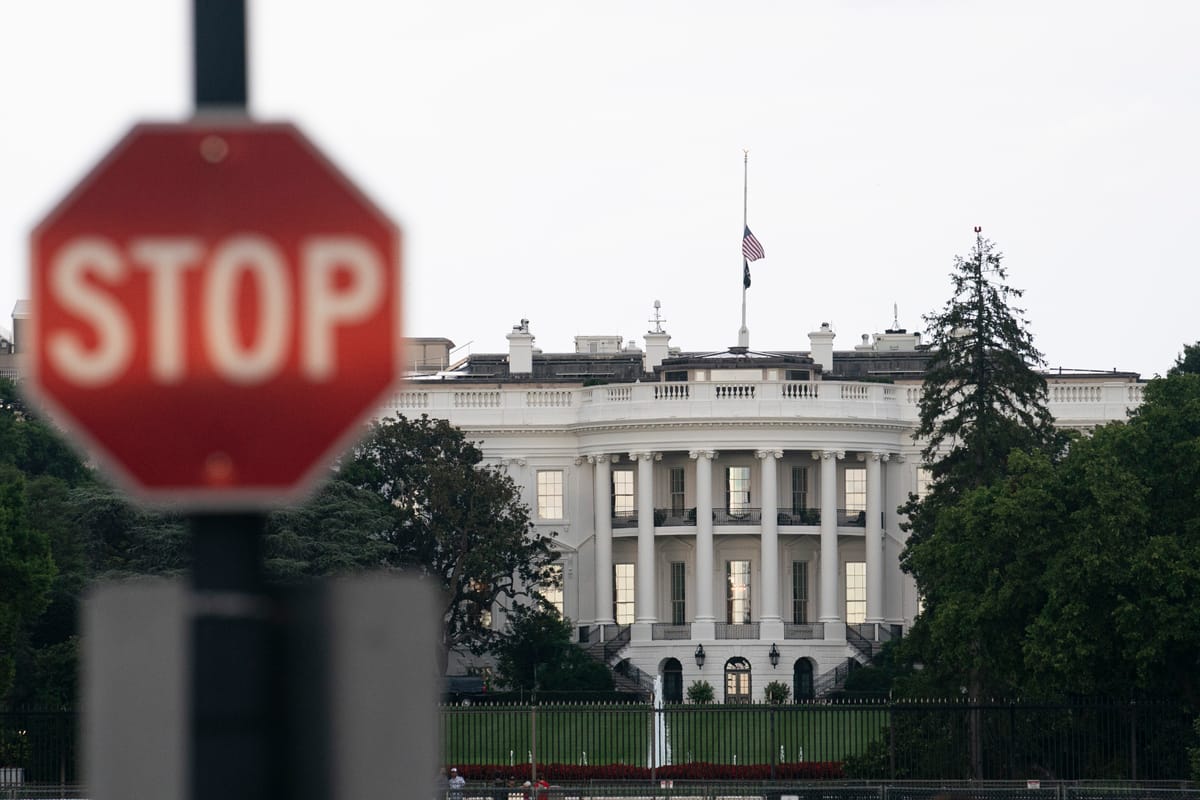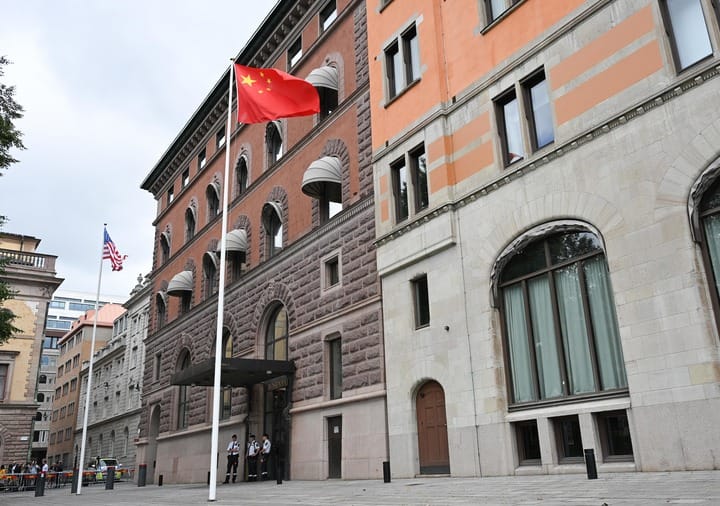Trump's Unbridled Ascent: Why America's Institutions Failed to Rein Him In

By Wang Mengqiao
On April 2 local time, U.S. President Donald Trump declared a national emergency and signed two executive orders introducing so-called "reciprocal tariffs." Beginning on April 9, the United States imposed sweeping tariffs on major economic players--including China, the European Union, and Japan. Within days, markets were thrown into turmoil, and public debate became intensely heated. Then, almost theatrically, Trump reversed his decision by announcing a 90-day suspension of the tariffs for those countries that had not taken retaliatory measures.
This abrupt policy reversal from the leader of the world's foremost power raises pressing questions: How did an electoral spectacle result in a government led by a team with significant professional shortcomings? And why have the checks and balances--designed to maintain equilibrium among the legislative, executive, and judicial branches--proved so ineffective against such presidential caprice?


